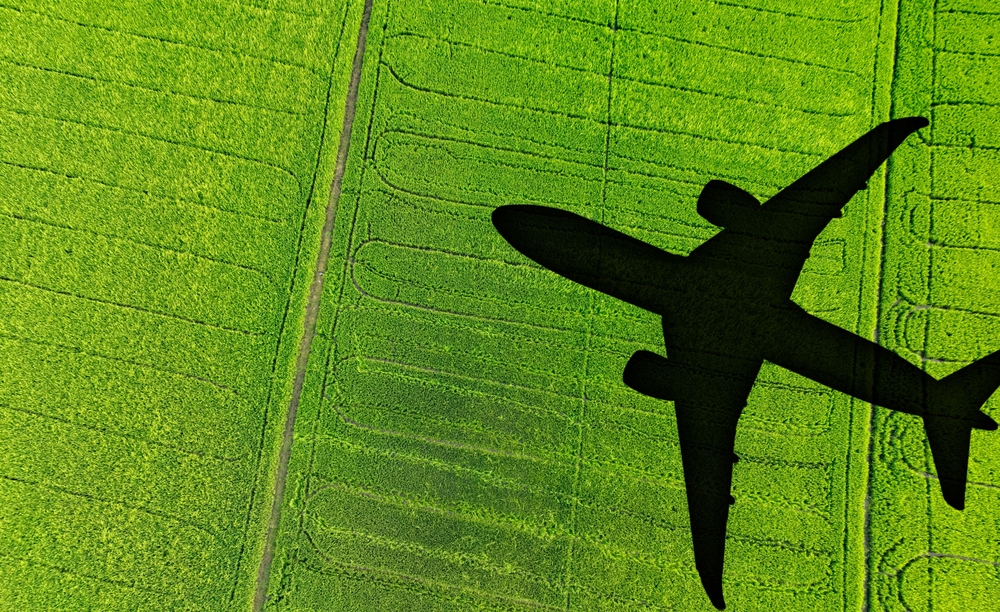
Sustainable Aviation Fuel Arrives at Red Sea International Airport
Red Sea Global introduces Sustainable Aviation Fuel (SAF) in Saudi Arabia, promising a major reduction in carbon emissions from aviation.
Sustainable Aviation Fuel Arrives at Red Sea International Airport
Red Sea Global (RSG), the developer behind regenerative tourism destinations such as The Red Sea and AMAALA, has announced a groundbreaking initiative to introduce Sustainable Aviation Fuel (SAF) in Saudi Arabia. This fuel will significantly reduce carbon emissions produced by aircraft using it by up to 35%.
RSG, together with daa International, which operates The Red Sea International Airport (RSI), secured a deal with the airport’s fuel supplier, Arabian Petroleum Supply Company (APSCO). Airlines can now opt to refuel using SAF at RSI, which is blended with standard Jet A1 fuel at a ratio of 35% SAF to 65% Jet A1, adhering to international aviation standards set by organizations like ICAO and IATA.
“Travel is a way to bridge cultures, broaden horizons and regenerate the mind, body and soul. But travel has a cost, especially for our planet. That is why we promised to transform the industry, moving it towards a sustainable, regenerative future.”
Translation: Travel acts as a bridge between cultures, expands horizons, and rejuvenates the mind and spirit, but it comes at a cost to our planet. Hence, we are determined to shift the industry towards a more sustainable and regenerative model.
John Pagano, Group CEO of Red Sea Global, emphasized that bringing SAF to the Kingdom is crucial for dramatically lowering carbon footprints for visitors from their arrival and beyond.
Similarly, RSG’s subsidiary air operator, Fly Red Sea, committed to refueling its fleet exclusively with sustainable aviation fuels. Additionally, RSG has initiated other eco-friendly solutions, such as installing over 400 MWp of solar panels and enhancing mangrove density by 50 million by 2030.
Michael White, Chief Commercial Officer of RSI, remarked that this initiative signifies a major step in their commitment to environmental responsibility and sustainability. The Red Sea has already opened five hotels and has a regular domestic flight schedule since September 2023, with international flights commencing in April 2024.
In conclusion, by 2030, the Red Sea destination aims to feature 50 resorts, approximately 8,000 hotel rooms, and numerous residential properties, including luxury marinas and leisure facilities.
